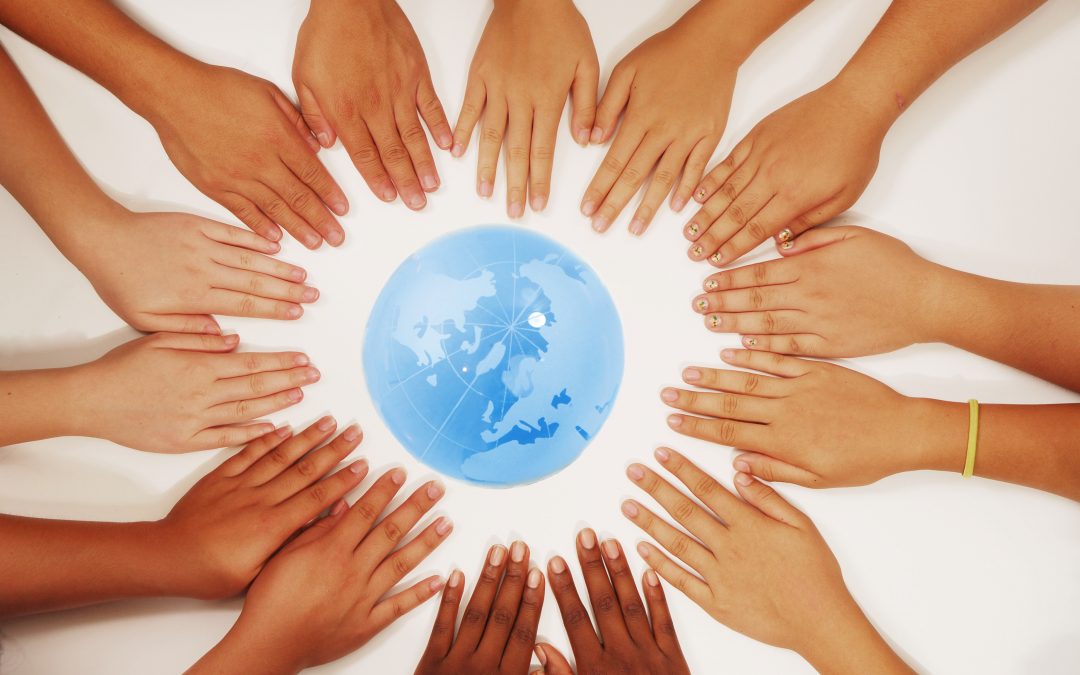Meet Kellie McSween, a junior at the University of Oregon. In high school, she participated in a Rotary exchange program. Since then, she’s set her sights on joining the U.S. State Department. This September, she will be interning with The Borgen Project, a U.S. non-profit whose mission is to downsize global poverty.
About The Borgen Project
The Borgen Project was started in 2003 by Clint Borgen. Today, there are advocates and volunteers in 31 U.S. cities. The Project focuses on passing legislation to address four issues.
- Starvation & food security
- Access to education
- Access to clean water and sanitation
- Newborn, child, and mother survival
Advocacy and Mobilization
The Borgen Project meets with U.S. Congressional leaders to support poverty-reducing legislation. As an intern, Kellie plans to meet with a congressional leader of Oregon. The Project also educates people about basic advocacy skills. In addition, it encourages people to make reducing global poverty a political priority. Anyone can visit The Borgen Project’s website to learn about reducing global poverty.
Passing the Global Food Security Act
In 2016, The Borgen Project helped pass the Global Food Security Act. They met with congressional leaders and called and emailed to support this act. As of 2019, 23 million people live above the poverty line. In addition, 5 million families are no longer suffering from hunger. The law helped improve agricultural practices, women’s economic empowerment, and food security.
Why Diminish Global Poverty?
- U.S. return on investment. When people escape poverty, they can purchase products. More purchasing means expanding U.S. markets and creating more jobs.
- Improve U.S. national security. When people have the resources to survive, there is more stability and peace.
- Reduce overpopulation. When people are not in poverty, they produce fewer children.
Global Response to COVID-19
In response to COVID, The Borgen Project is supporting a $20 billion supplemental for the International Affairs budget. This aid will go to global health programs, emergency economic relief, food aid, agriculture, and The Vaccine Alliance.
Importance of Mobilization
While volunteers and advocates meet with Congressional leaders, supporters call and email their Congressional leaders. These combined efforts help pass legislation. Each week, congressional offices tally up the issues people call in and email about. Because of this, senators know what their constituents want and what to support in congress.
Templates for Advocacy
Anyone can use pre-made email templates on The Borgen Project’s website to advocate for a policy. It’s also easy to call a congressional leader to support an issue. Kellie says emailing is most influential right now since many leaders are working from home.
We All Do Better When We All Do Better
Currently, only 1% of the U.S. budget goes to foreign aid. Kellie believes the U.S. has the resources and the responsibility to do more. Through her work with The Borgen Project, she will learn about the legislative process and support global relief efforts.
For more on the inspiring people and projects in our community, read our blogs or visit our Youtube channel.

